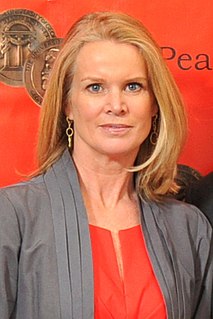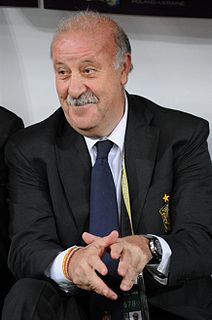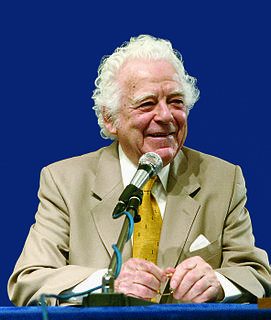A Quote by Alvin E. Roth
A lot of people are surprised economists are assisting with kidney exchanges. Exchanges are what economists are good at.
Related Quotes
I'm a huge proponent of exchanges, student exchanges, cultural exchanges, university exchanges. We talk a lot about public diplomacy, .. It's extremely important that we get our message out, but it's also the case that we should not have a monologue with other people. It has to be a conversation, and you can't do that without exchanges and openness.
Society established gold and silver as a circulating medium and as a legal tender in order that exchanges of commodities might be facilitated; but society blundered in so doing; for, by this very act, it gave to a certain class of men the power of saying what exchanges shall, and what exchanges shall not, be facilitated by means of this very circulating medium. The monopolizers of othe precious metals have an undue power over the community: they can say whether money shall, or shall not, be permitted to exercise its legitimate functions.
Trading is a small part of the work of the stock exchanges. They are really to do with financial speculation, and they speculate on the value of the yen, the dollar, the pound, the franc, or the euro, at any given time. Billions are lost and billions are made by this speculation, and that's what the stock exchanges are about. They are for greedy minds.
It is often sadly remarked that the bad economists present their errors to the public better than the good economists present their truths. It is often complained that demagogues can be more plausible in putting forward economic nonsense from the platform than the honest men who try to show what is wrong with it.
In the 2013 Economists Program, we hired 51 percent women, 49 percent men. And the reason for that is that we have a draft from all over the world, and we've hired, for instance, in that group, a good number of Chinese economists - highly qualified, all Ph.D.s from the best universities of the world. And guess what? They're all women.




































